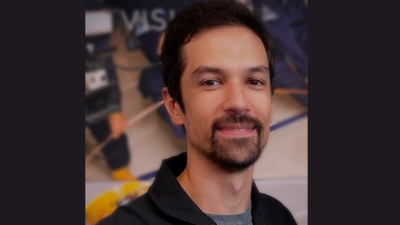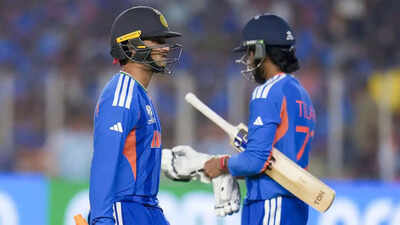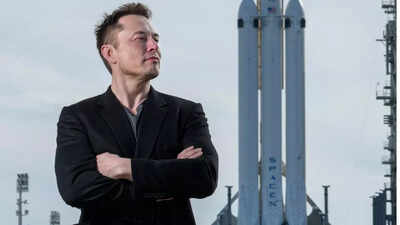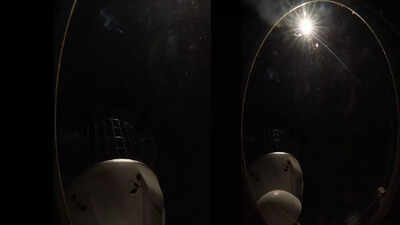Here’s how flight surgeons are monitoring Ax-4 crew, with India in the loop | India News

Several days into their mission aboard the International Space Station (ISS), the four Axiom-4 (Ax-4) astronauts, including Group Captain Shubhanshu Shukla (Shux), are being closely monitored not just for scientific output, but for their own physiological adaptation to life in microgravity.Behind the scenes, a team led by Axiom Space flight surgeons is ensuring that every crew member remains mission-capable, supported, and healthy. “Our primary focus from a medical standpoint is ensuring their continued well-being through routine telehealth check-ins,” said John Marshall, Ax-4’s lead flight surgeon, told TOI in an exclusive interview.Unlike long-duration expeditions, Ax-4 is a short stint on orbit, which means real-time tracking of physiological parameters is not standard practice — unless prompted by signs or symptoms during the regular check-ins. “We’re proactive, not just reactive,” Marshall explained, noting that care is personalised and adaptive. While specifics of Shukla’s medical profile remain confidential, Marshall confirmed that flight surgeons are prepared to tailor support as required.The Ax-4 mission, a commercial-human spaceflight effort involving multiple international partners, has placed special emphasis on integrating cultural and agency-specific needs — something reflected in daily operations. “Axiom crew members have food options that reflect their cultural preferences,” said Marshall, adding that shared meals with Expedition 73 astronauts also foster a sense of camaraderie. Sleep cycles and activity schedules, meanwhile, are fully aligned with the broader station timetable to ensure operational cohesion.But health in space isn’t only physical, it’s psychological too. “Each astronaut has access to resources tailored to their needs, and we remain attentive to how cultural background, language, and personal routines might influence adaptation,” Marshall said.Medical check-ins aboard the ISS follow a structured yet responsive framework. Sessions are spaced throughout the mission timeline and cover the known effects of spaceflight — from fluid shifts to musculoskeletal changes and sleep quality. “We adjust the frequency depending on how each crew member is adapting,” he said.
First-time flyers
Three of the four Ax-4 astronauts, including Shukla, are first-time flyers, raising the stakes for close early monitoring. However, Marshall downplayed any sharp distinction between rookies and veterans in terms of medical oversight. “Preparation is the most important anticipatory measure,” he said. Before launch, all astronauts undergo medical training to recognise and respond to the effects of microgravity. On orbit, this is reinforced with structured support and contingency protocols for unexpected symptoms.Shukla’s background as a test pilot does provide him with a baseline of physical and mental resilience, but space, Marshall noted, “levels the field.” Microgravity can affect even the most experienced individuals unpredictably. “Rather than draw comparisons, we individualise care. Our protocols are designed to be flexible and responsive to how each astronaut is adapting in real time.”
Access to India
What makes Ax-4 distinctive so far as India is concerned is the joint oversight of astronaut health. Indian doctors—from both the Isro and the Indian Air Force’s Institute of Aerospace Medicine — are participating in some of these conferences. “Their involvement not only supports their astronaut but also strengthens our shared understanding of human spaceflight,” said Marshall, describing it as a model of international cooperation in space medicine.For India’s own human spaceflight ambitions, the Ax-4 mission has become a live classroom. Indian flight surgeons stationed in Houston have been closely involved in pre-flight quarantine protocols and are now getting a front-row seat to in-flight medical support. “Hands-on experience is the most effective teacher,” said Marshall. “They’re seeing our medical workflows, the technologies we use, and the broader programme structure. We fully expect this exposure will inform India’s own human spaceflight medical protocols.”






